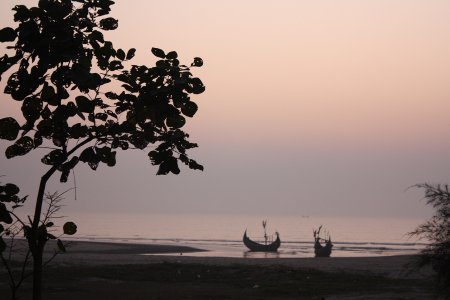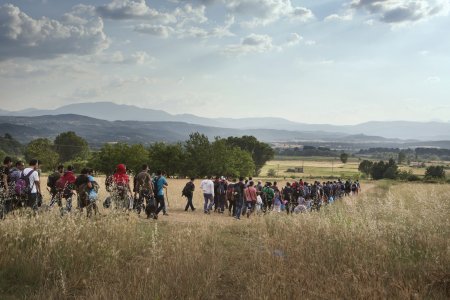 Alessandro Penso
Op-ed
Alessandro Penso
Op-ed
01/12/2018
Michaël Neuman
Abstaining from participation in a meeting taking place this coming Thursday, MSF feels that "government officials have listened politely at best and shown condescension and contempt at worst in response to positions expressed in meetings, op-ed pieces published in the press and questions asked in meetings by NGOs" and do not hide "a policy that is sliding into harsh repression".
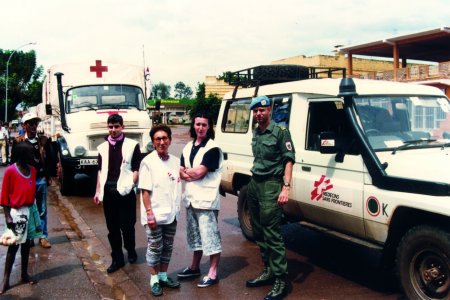 Xavier Lassalle
Op-ed
Xavier Lassalle
Op-ed
10/27/2017
Jean-Hervé Bradol
This op-ed article was published on 27 October 2017 in the French weekly Marianne. He writes it in the backdrop of a controversy around a "Que Sais-Je" book on Rwanda published by the Belgian researcher, Filip Reyntjens and the accusations against him that he rewrites history and seeks to minor the genocide of the Tutsis in 1994.
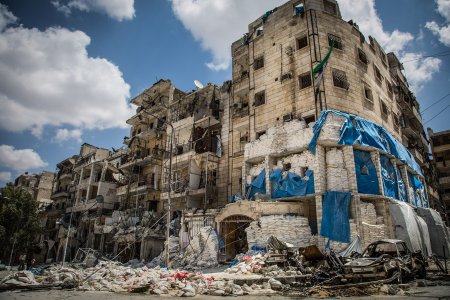 Karam Almasri
Interview
Karam Almasri
Interview
02/15/2017
Pierre Mendiharat
Interview with Pierre Mendiharat, deputy director of operations (MSF).
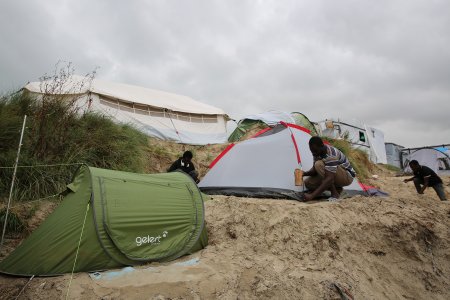 Mohammad Ghannam
Op-ed
Mohammad Ghannam
Op-ed
06/17/2017
Michaël Neuman
Corinne Torre
In this post, published in Border Criminologies, Michaël Neuman and Corinne Torre speak out against the inhuman conditions imposed on migrants and refugees in Calais by the French state. This piece was originally published in French in Le Monde.
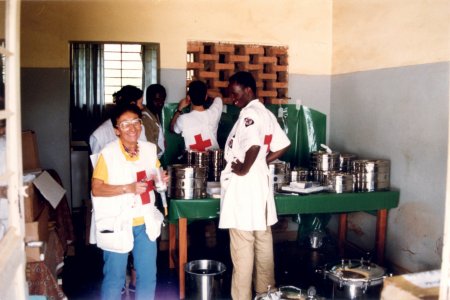 Xavier Lassalle
Opinion
Xavier Lassalle
Opinion
09/01/2004
Rony Brauman
Rony Brauman analyses the de-politicization and criminalisation process of the conflict in Darfur, resulting from an exclusively ethnic reading of this crisis and by the inappropriate use of the concept of "genocide".
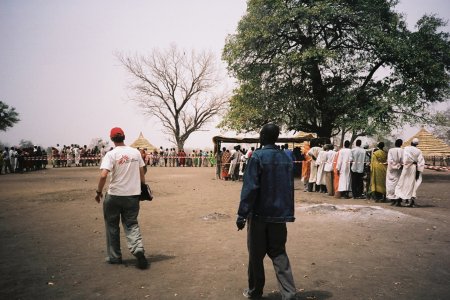 William Martin
Opinion
William Martin
Opinion
09/10/2010
Rony Brauman
Rony Brauman criticises the International Criminal Court's indictment of the Sudanese president for genocide. If the prosecutor's argument is followed, humanitarian organisations working in the displaced people's camps should be charged with complicity in genocide.
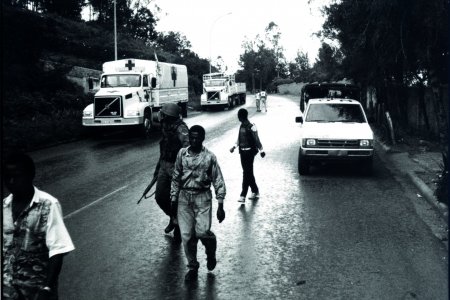 Xavier Lassalle
Opinion
Xavier Lassalle
Opinion
10/01/2004
Rony Brauman
Rony Brauman decribes how the qualification of the conflict in Darfur as genocide leads only to a dead end and warns against the abuse of this concept.
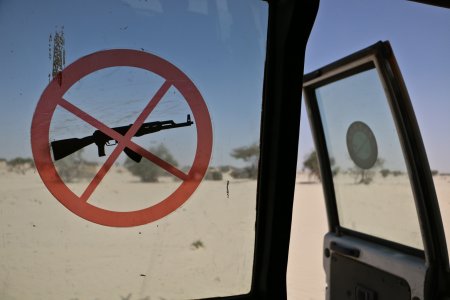 Analysis
Analysis
12/15/2010
Fabrice Weissman
Could a doctor working for a humanitarian organisation be sentenced to life imprisonment in the United States for having offered his “expert advice” to people linked to a “terrorist organisation”? That is what is feared by a number of civil rights’ organisations in the US since the Supreme Court declared on 21 June that the legislation known as the Material Support Statute was constitutional.
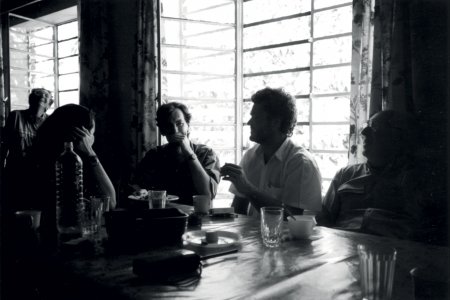 Xavier Lassalle
Opinion
Xavier Lassalle
Opinion
03/09/2012
Rony Brauman
Considering that the United Nations juridictions officially recognises six genocides, Rony Brauman considers unjustifiable the fact that the French Parliament only recognises . The only alternative is to recognise all of them or none.
 Opinion
Opinion
03/01/2009
Rony Brauman
Humanitarian law was designed as a normative framework, not as an indictment. With this in mind, Rony Brauman tries to define what constitutes a human shield.
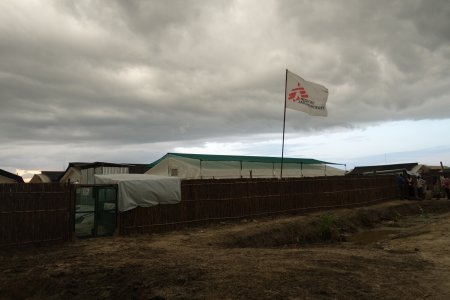 Jacob Kuehn
Analysis
Jacob Kuehn
Analysis
10/01/2009
Fabrice Weissman
This essay points out the fragility of the arguments most often used by humanitarian organizations to justify their support for an international criminal court. Questioning NGOs' infatuation with punitive justice, Fabrice Weissman argues that humanitarian organizations should advocate for politics of aid and mediation rather than for a global moral order based on judicial punishment and just war.


